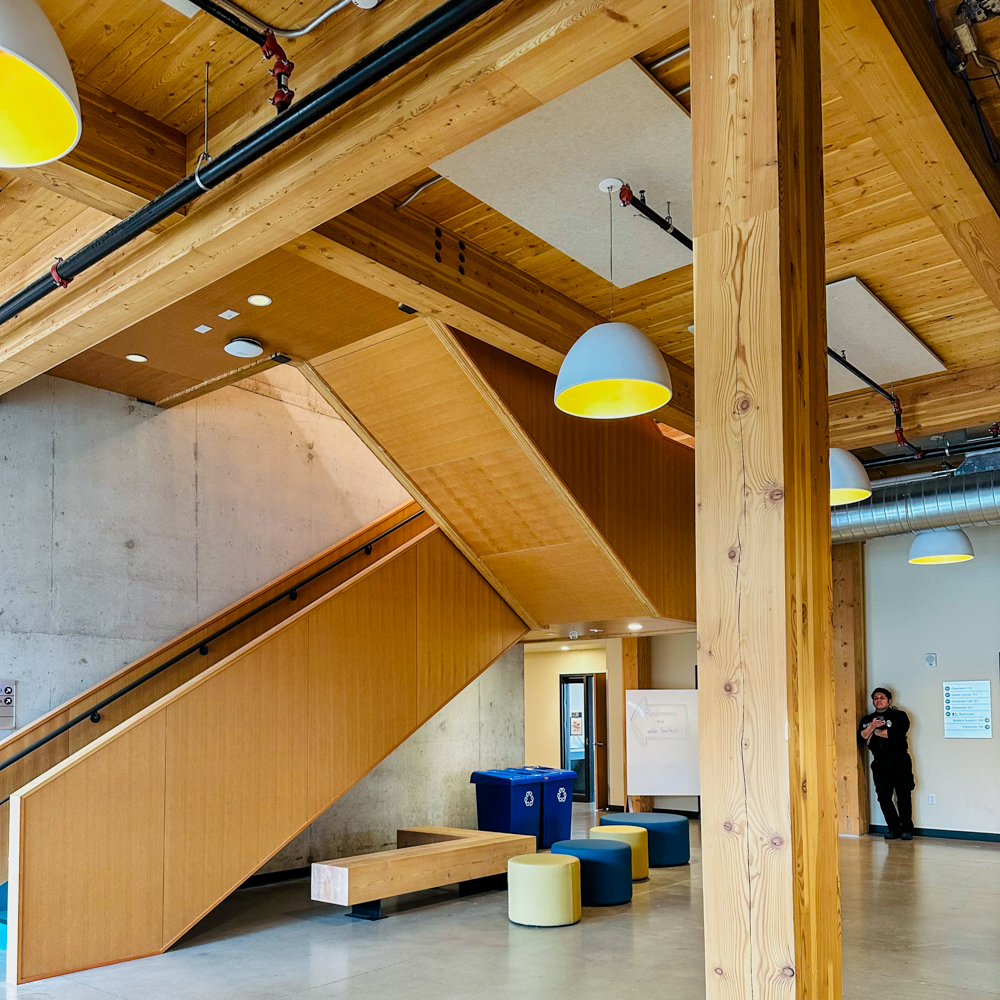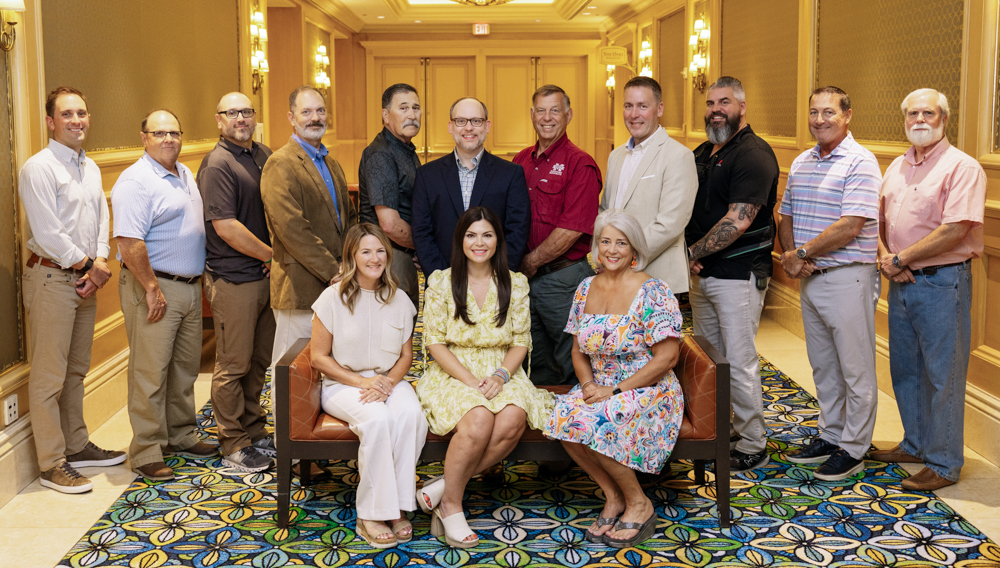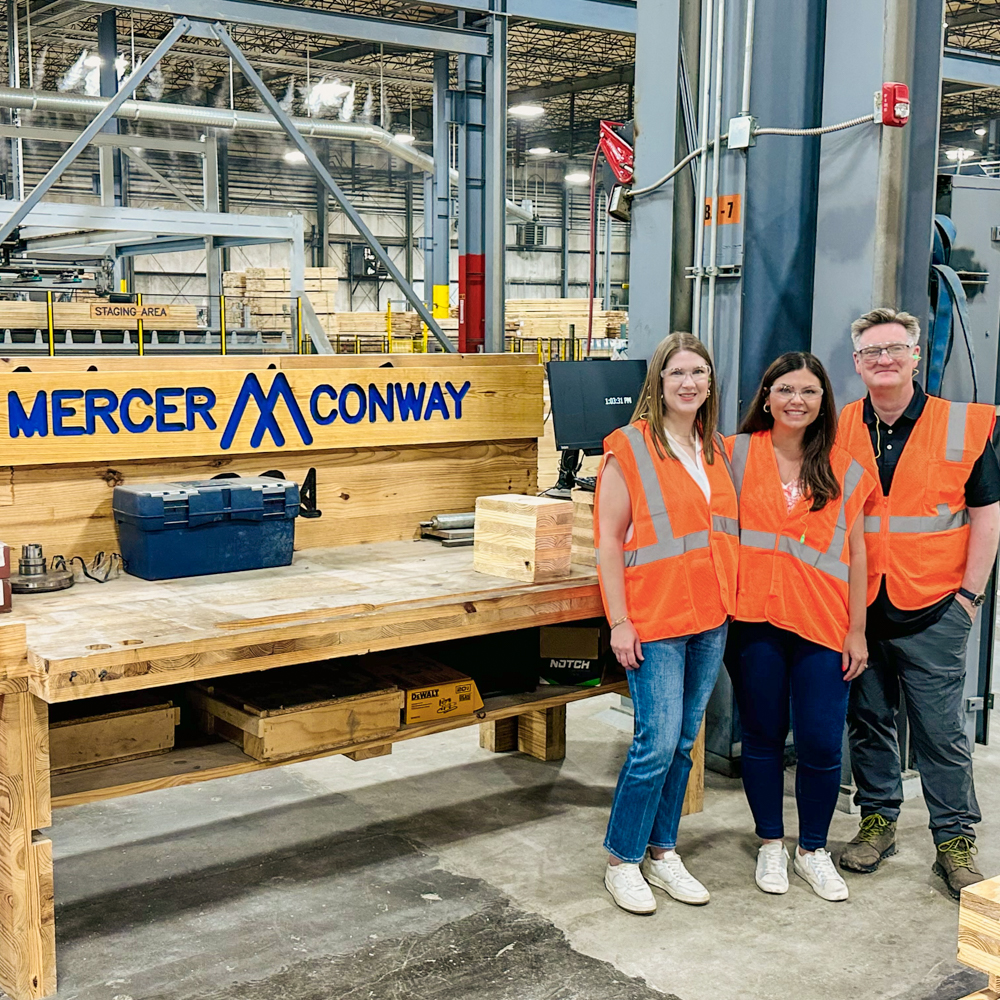Mississippi Lumber Manufacturers Endow Professorship

Mississippi’s expansive forests have long been a bedrock of the state’s economy, with the timber industry serving as a key driver of growth. However, as industries progress, there is a growing need to evolve practices and materials. In partnership with the Mississippi Lumber Manufacturers Association (MLMA), the College of Architecture, Art, and Design (CAAD), the College of Forest Resources (CFR), and the Department of Sustainable Bioproducts at Mississippi State University (MSU) are spearheading efforts to ensure the state’s timber industry thrives in a changing world.
Timber remains one of Mississippi’s leading agricultural commodities, with the forestry industry supporting over 64,000 jobs and contributing $1.355 billion to the state’s economy. However, the industry faces challenges that limit its potential growth, particularly in adopting new technologies like mass timber. Mass timber, including innovations such as cross-laminated timber (CLT), can revolutionize construction by making wood a more viable and sustainable resource for building.

“For CLT, multiple layers of dried lumber are adhered together at right angles to create panels. When these panels are put together, they create a sturdiness and safety comparable to steel and concrete. The thickness of the panels makes them resistant to burning; in a fire, they char on the outside, protecting the integrity of the interior and giving people time to safely evacuate,” explained Trey Hankins, CFO of Hankins Inc. and MLMA vice president.
With stronger, safer wood, builders can make taller buildings, and designers can create more beautiful structures than when working with traditional steel and concrete. Despite its benefits, CLT still faces obstacles to mainstream adoption.
“CLT technology originated in Europe. For many years, importing mass timber products was the only way to obtain them, which slowed its adoption here in the U.S. Now, the U.S. does have domestic mass timber plants, but there is still limited knowledge and experience building with it. We knew we needed to find a way to help bridge that knowledge gap," Hankins explained.
To address these challenges, the idea of establishing an endowed professorship at MSU emerged. Established with the MLMA’s recent gift, the MS Lumber Manufacturers Association Endowed Professorship in Innovative Wood Construction and Design aims to spread awareness and further research on mass timber as a viable and sustainable innovation for the timber industry.
“Our members are thrilled to lead this partnership with MSU. We are eager to see how this collaboration will drive the future of sustainable construction and strengthen our role in the industry,” said Ellery Jones, MLMA executive director.

The endowed professorship will focus on teaching, research, and outreach, promoting CLT and other innovative wood technologies to the next generation of builders and producers. The objective is to ensure that students not only learn these technologies but also engage in research and real-world applications.
“This collaborative endowment creates a catalyst for innovation and lays a vital foundation for economic development and the growth of the mass timber industry in our state. We envision this shared position leading to collaborative growth in advancing a major sustainable resource, both from the perspective of its materiality and its possibilities in design and construction,” said Angi Bourgeois, dean and professor at CAAD.

Through the partnership between MSU and the MLMA, Mississippi is poised to become a leader in sustainable construction. This collaboration is not just about developing new technologies; it’s about reimagining timber’s role in the future of construction.
As MSU continues to advance sustainable construction, it is equipping students with the knowledge and skills they need to lead the industry into the future.
